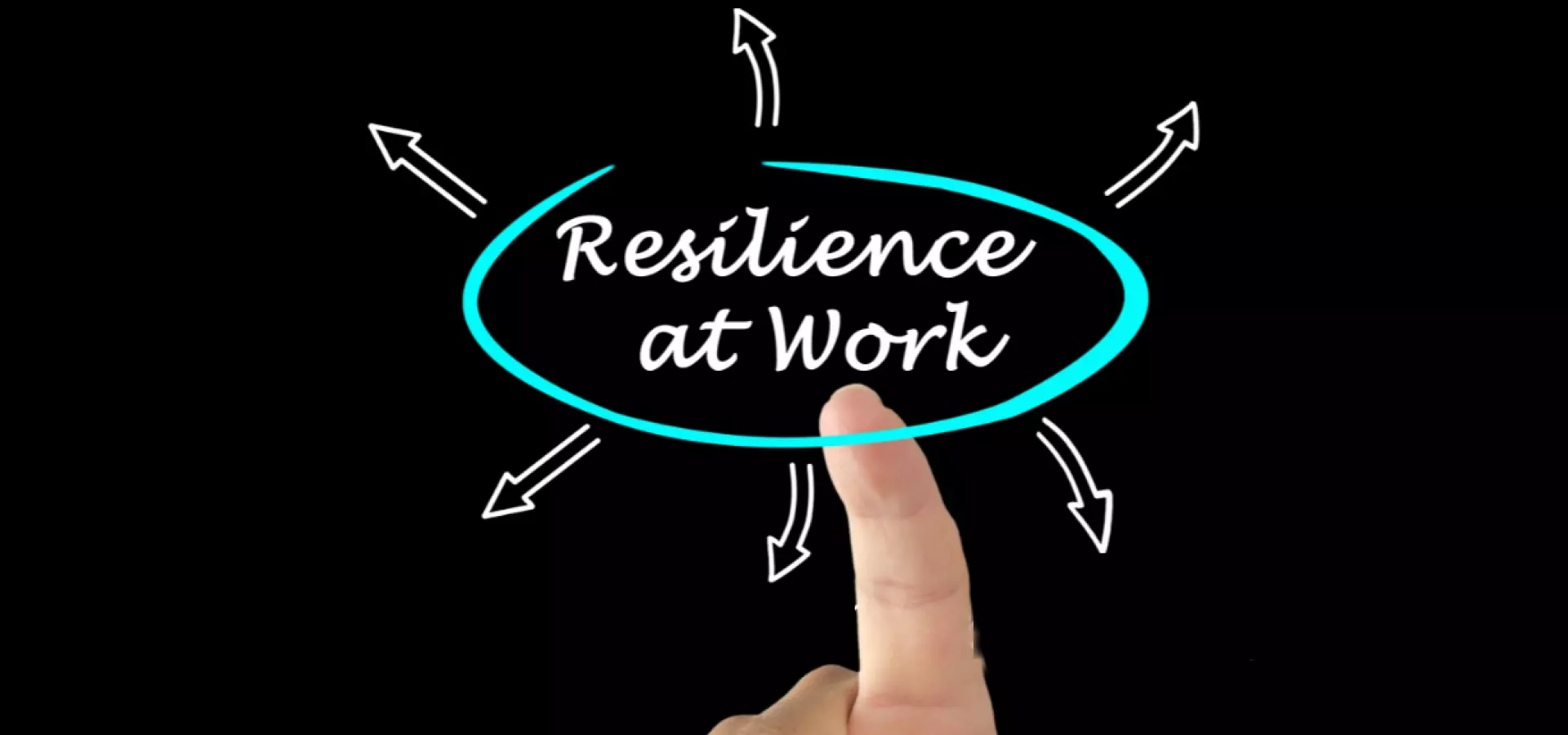
Surprises at work: building resilience through recognition and appreciation
I’ve been doing a lot of listening lately – listening to stories from individuals and groups who work in public services, in my role as a researcher. It made me think more about how we can build collective resilience through how we talk about what we value and how that impacts on our workplace cultures.
I’ve heard from people who are very often committed, caring, busy, practical people, who are also anxious, fragile and overloaded. The focus of their stories has been their learning. It’s been a real treat to hear different people’s stories of times when they ventured into something new; often delighting and surprising themselves and other people in the process.
More often than not, what they have done has been something quite simple. It might have taken a bit of courage to do it; perhaps it felt a bit weird and certainly out of their comfort zone. For example, one practitioner observed their colleague talking to a patient in a really understanding and kind way – and took the time to tell their colleague that they liked their approach. Another told a colleague that she felt nervous as they embarked on what she anticipated would be a difficult conversation between them. And a manager asked their team of care assistants to come along to a workshop that would help them to develop ways of enhancing the quality of life for the older people in their care.
What I’ve heard is, that when we engage more deeply and talk to each other about what we value and how we feel, we can have very different sorts of conversations. We start to understand our shared ambitions, are less tempted to vent about people who are not present and new possibilities come into view.
Appreciative inquiry
I am developing a deeper understanding of just how powerful and important appreciative inquiry is as a way of exploring what is working well, why, and how more of it can be done. At its most basic, it’s about simple recognition – having your social value to the community or organisation truly acknowledged. People notice things that others do well, but it is much less common to tell them so. When they do, what happens next makes any risk of feeling a bit foolish, well worth it. They find it’s contagious. It doesn’t banish the difficulties, but it does provide a bit of perspective.
Praise is reassuring, but there’s a lot more potential in appreciation combined with inquiry. Then, it becomes about asking each other what we value, what matters to each of us and what we think is working well. By being more collaborative and discussing our differences we start to understand each other more thoroughly and turn our attention to what would make things better. Finding out about what people truly care about helps to create more of a future-focus, generating momentum for development based on what is already working well, and, importantly, not assuming everything needs to change.
For the people I have been listening to, change has come about through a deliberate effort to develop collaborative learning through coaching, leadership or practice development for individuals or groups. There has been an emphasis on experiential learning – testing ideas by trying something out. Sometimes this is about taking a breath, pausing, slowing down. Whether it’s about being more ‘mindful’ or not, it does ask that we take the risk of doing something different and remain open to what happens.
Better relationships and reciprocity are what creates resilience for ourselves, our organisations and communities. When people feel more valued, they find ways to channel their interests and enthusiasm, for themselves and with others. There is often a sense of greater personal validity and ‘permission’ to act. They feel more confident to persist, with a sense of freedom to act, with less anxiety and more energy to go forward. This sounds to me like just what the Christie Commission wanted to enable us all to flourish.
How can you find ways to allow people to surprise themselves more of the time?
Read more about resilience in the related blogs in our series:
Can Asset Based Community Development build wellbeing and resilience in communities?